Thank you for Booking Your Appointment!
We’ve received your request and our team will reach out to you within 24 hours to confirm the details of your appointment.
What Happens Next?
- Confirmation Call: One of our team members will contact you to confirm your appointment time and answer any questions you may have.
- Appointment Details: Once confirmed, you’ll receive an email with all the details you need for your upcoming visit.
Need to Reschedule?
If you need to make any changes to your appointment, please don’t hesitate to contact us at (754)270-6322 or email us at care@onestoppsych.com
Preparing for Your Appointment
To make the most of your first visit, consider jotting down any questions or concerns you’d like to discuss with your therapist or psychiatrist.
We’re here to support you every step of the way and look forward to helping you on your mental wellness journey.
See you soon!
Read More About Mental Wellness
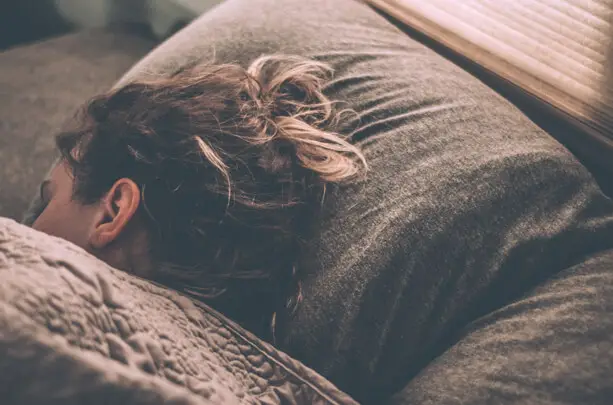
How to Improve Your Sleep in Stressful Times
When the world seems to be falling apart, it can be hard to relax. You might find yourself constantly going over what could or will happen, or maybe even running through the past and trying to figure out how you messed up so much in the first place.
Unplug The Gadgets 30 Minutes Before Bed
It’s no secret that stress can take a toll on your sleep. If you’re finding it hard to catch some zzz’s, unplugging from your gadgets may help.
According to a recent study, spending time on devices like phones and laptops before bed can make it harder to fall asleep. The blue light emitted from screens can disrupt your body’s natural sleep cycle.

Why Family Therapy Works: Navigating Conflicts and Creating Harmony
Family therapy is a form of counseling that helps families work through their problems. It can be beneficial for families who are dealing with a wide range of issues, including conflict, mental health problems, addiction, and more. Family therapy can help families communicate better, understand each other’s perspectives, and develop healthier patterns of behavior.
What is family therapy?
Family therapy is a type of therapy that focuses on the relationships between family members and on the family unit as a whole. It can help families to improve communication, resolve conflict, and deal with other issues.

Proven Tools to Master Your ADHD:Say Goodbye to Chaos
Being an adult with ADHD can frequently feel overwhelming. The book “Taking Charge of Adult ADHD” by Dr. Russell Barkley is a ray of hope for people who are having trouble controlling their symptoms since it provides useful tools and techniques. This book focuses on how to survive in spite of ADHD rather than going into great detail on the diagnosis itself.
Several useful methods that assist in addressing the difficulties of adult ADHD head-on are at the core of the book:

Mental Health Awareness: Simple Ways We Can Support Ourselves and Others
When we hear “first aid,” most of us think about a bandage, maybe some CPR, right? But mental health first aid? Now that’s something we don’t talk about nearly enough. And it’s probably just as important—if not more. You see, mental health touches every part of our lives. It affects how we think, feel, and interact with the world. Yet, so many of us either ignore it or don’t know what to do when things start to feel off.
So, let’s get real. Mental health awareness is on the rise, and that’s great. But how do we actually take care of ourselves or support the people around us? You don’t have to be a therapist to make a difference. Just knowing some basics—like how to spot when someone’s struggling or what small steps you can take—can be a real game-changer. Let’s dig into this together.

You’re Not Alone: How to Deal with Depression and Where to Find Help
Depression is more than just feeling sad or going through a rough patch—it’s a real mental health condition that affects millions of people worldwide, including
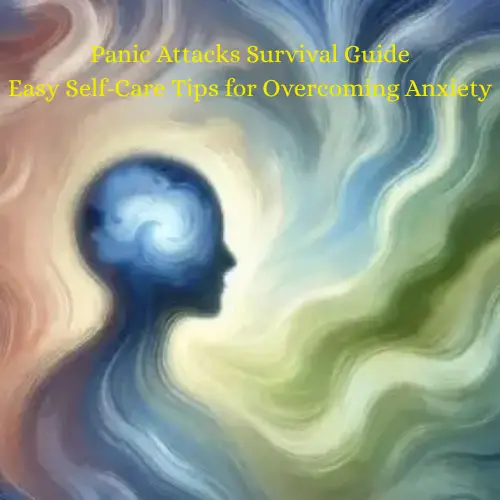
Panic Attack Survival Guide: Easy Self-Care Tips for Overcoming Anxiety
Have you ever been going about your day when, out of nowhere, your heart starts racing? Maybe you feel like you can’t catch your breath, or it feels like the walls are closing in. It’s scary, right? If you’ve had a moment like this, it might have been a panic attack. And guess what? You’re not alone. Panic attacks are way more common than you think, and they can happen to anyone.
The good news is, you can get through them. They’re uncomfortable, for sure, but with a little know-how, they don’t have to control your life.
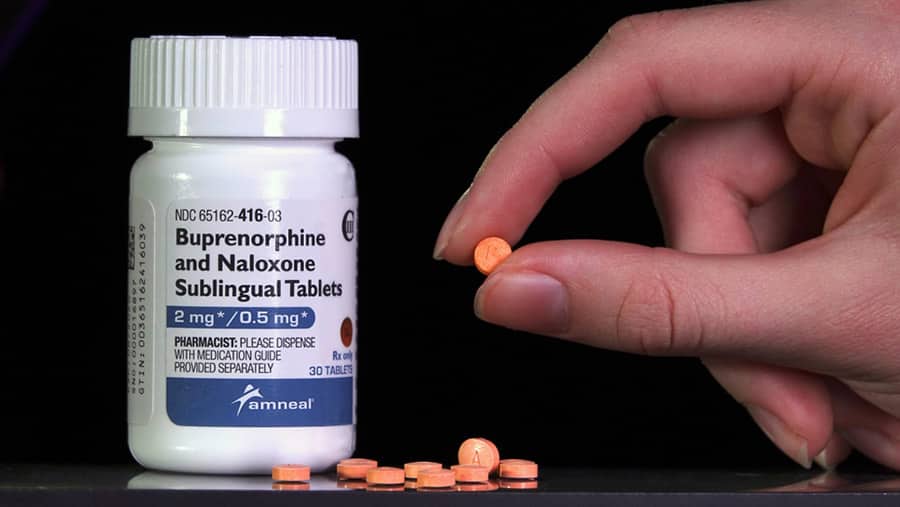
Is Suboxone® Right for You? A Guide to Buprenorphine and Naloxone Treatment
Suboxone is a medication that is used to treat opioid addiction. It is a combination of two drugs, buprenorphine, and naloxone. Buprenorphine is an opioid agonist, which means it binds to the same receptors in the brain as other opioids such as heroin and morphine. Naloxone is an opioid antagonist, which means it blocks the effects of opioids. Suboxone is taken as a tablet or film that is placed under the tongue or inside the cheek. It is usually taken once a day.
Suboxone is used as part of a complete treatment program that includes counseling and behavioral therapy. It should not be used if you are pregnant or breastfeeding. You should not drink alcohol or use other drugs while taking Suboxone. If you stop taking Suboxone suddenly, you may experience withdrawal symptoms such as anxiety, sweating, shaking, nausea, and diarrhea.

Maintaining Mental Health in Social Media-Driven World
Social media has become a huge part of our lives. From catching up with friends to staying updated on world events, platforms like Instagram, Facebook, TikTok, and Twitter (now X) are woven into our daily routines. But while social media offers many benefits, it can also have a significant impact on our mental health. Whether it’s the pressure to compare ourselves to others or the overwhelming flow of information, it’s important to understand how social media might affect your well-being and how you can take steps to protect your mental health.

Regain Control from Opioid Addiction: How Sublocade Supports Recovery
Opioid addiction is a tough battle, affecting millions of lives across the U.S. every day. It can feel like an overwhelming cycle, but the good news is, recovery is possible. One treatment that’s been gaining attention lately is Sublocade, a medication specifically designed to help people manage opioid addiction. But what exactly is Sublocade, and how can it help someone struggling with addiction?
In this post, we’ll explore what Sublocade is, how it works, and why it might be a game-changer in your journey to recovery. If you or a loved one is trying to overcome opioid addiction, understanding what this treatment offers can be a big step toward finding the right help.
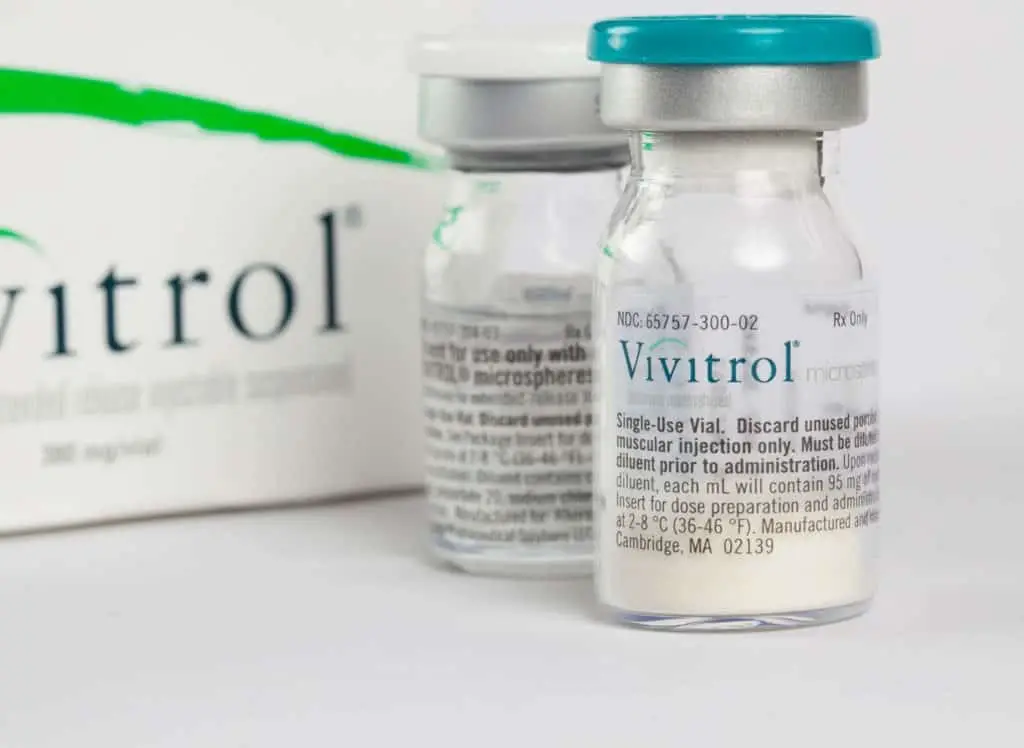
Is Vivitrol Right for You? Understanding Its Role in Addiction Recovery
Addiction is a chronic disease that affects the brain and changes the way a person feels, thinks, and behaves. It is a disease that can be difficult to overcome without treatment. However, there are treatments available that can help people struggling with addiction recover. Vivitrol is one such treatment. This article will discuss how Vivitrol works and how it can help people overcome addiction.
What is Vivitrol?
Vivitrol is a prescription medication that can help treat alcohol and drug addiction. It is a long-acting form of naltrexone, an opioid receptor antagonist that blocks the effects of drugs like heroin, morphine, and codeine.
Vivitrol can help people who are addicted to alcohol or drugs by reducing cravings and helping to prevent relapse. It is most effective when used in combination with other treatment methods, such as therapy and counseling.
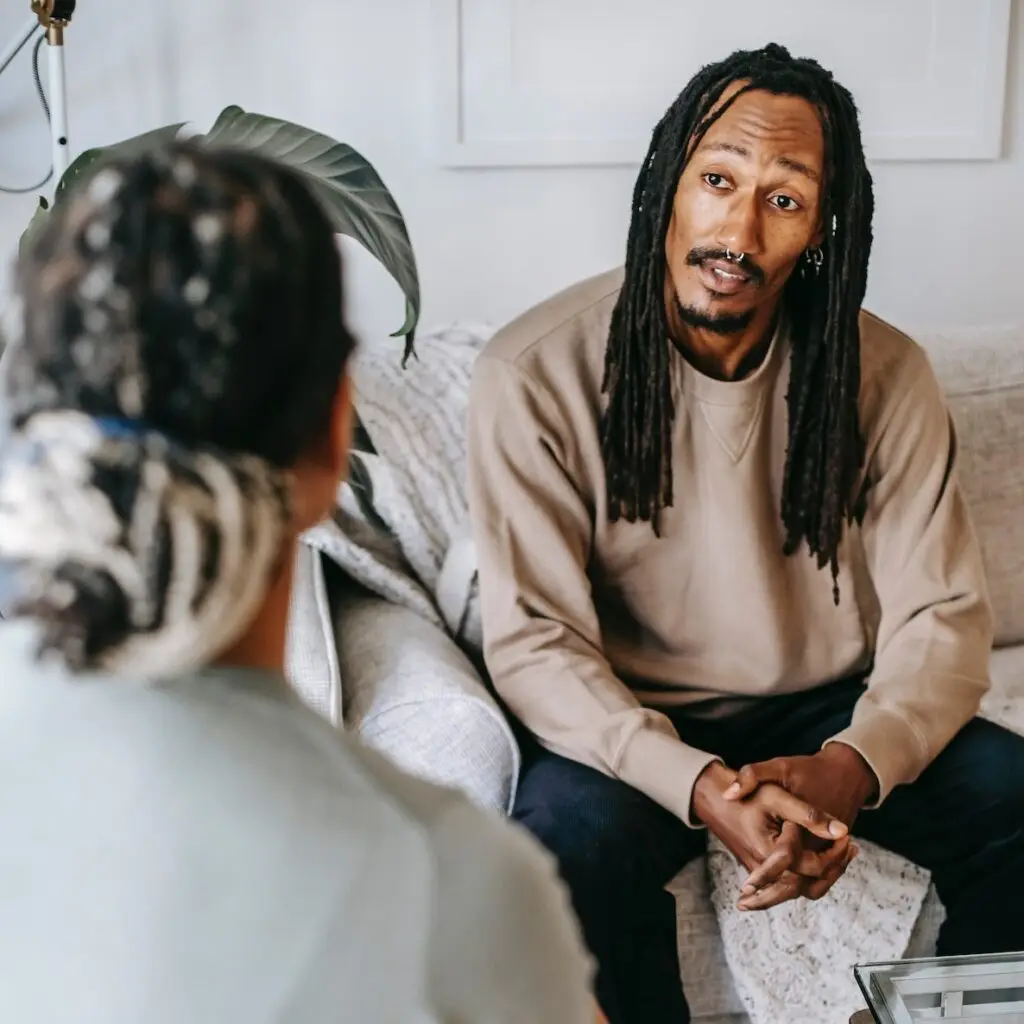
How Therapy can Help With Mental Health Disorders?
It’s no secret that therapy can be expensive. But what if I told you that it could be worth every penny? In this article, I’ll be discussing how therapy can help with mental health disorders and why it’s such an important tool for those struggling with their mental health.
What is therapy?
Therapy, also known as psychotherapy or counseling, is a process of discovering and understanding your thoughts, feelings, and behaviors in order to improve your mental health. It can be an incredibly effective treatment for mental health disorders, providing you with the tools you need to manage your symptoms and improve your overall well-being.

Identifying Eating Disorders and Taking Action
Eating disorders are often brushed under the rug or misunderstood. They affect millions of people, impacting their bodies and minds in ways many of us might not even notice at first. Whether it’s skipping meals, obsessing over calories, or extreme exercise, the warning signs aren’t always obvious, especially when it’s happening to someone close to you—or even yourself. But catching the signs early can make a huge difference. Let’s talk about what to look for, why it matters, and how to get help if you or someone you know might be struggling.

Calm Your Mind: The Role of Mindfulness and Meditation in Mental Wellness
Life is busy. Between work, family, and all the other things that come our way, it’s easy to feel like everything is moving too fast. Sometimes, the stress builds up before we even notice it. I’ve been there too. But over time, I learned that small changes—like practicing mindfulness and meditation—can make a huge difference in how we manage that stress and feel more in control.
These aren’t just trendy buzzwords. Mindfulness and meditation are simple, practical tools that anyone can use to feel better. You don’t need fancy gear or hours of spare time. A few minutes a day can do wonders. Let’s talk about how.
